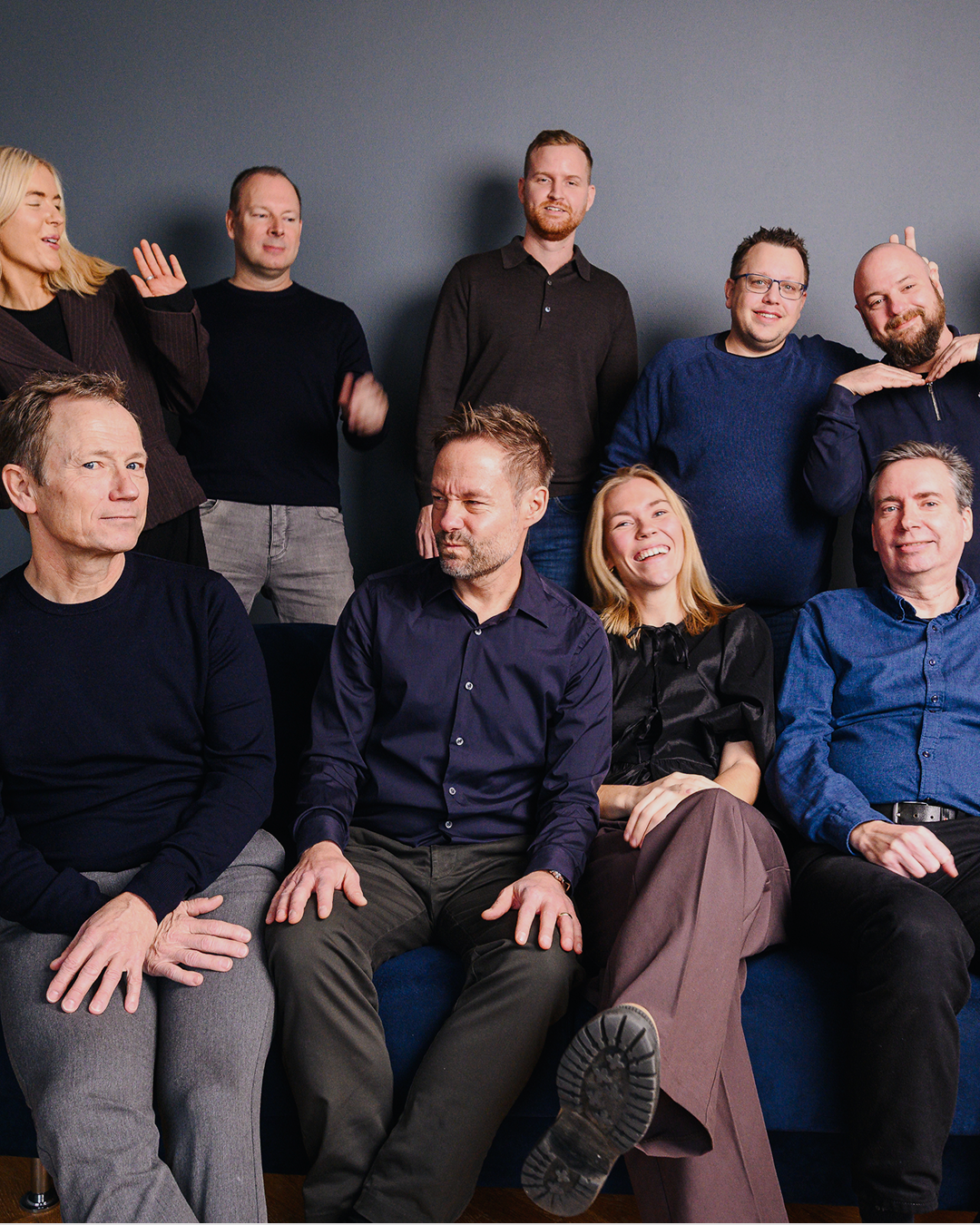Mental health should be more than one day
Today, the world marks World Mental Health Day - an important reminder that mental health is not only about preventing stress, but about creating sustainable conditions for wellbeing, balance, and human growth.
We believe that mental wellbeing should not be a campaign topic for one day a year - but a focus woven into the way we work and collaborate every single day.

Mental health in Denmark — a snapshot
The Falcks Health Barometer 2025 gives an honest insight into how the Danes really feel. The figures clearly show that mental health remains a challenge — both in the workplace and in private life.
One in three Danes is at risk of stress or depression
More than 30% of Danes are in a risk zone for stress, anxiety or depression. It shows that mental imbalance is not a single phenomenon, but a broad societal condition that affects our well-being, productivity and relationships.
Younger women and parents of young children are particularly under pressure
Falck's study points particularly to younger women and parents of young children as the most at-risk groups. The combination of high demands, both professionally and privately, creates a constant pressure in which recovery and self-care are often downplayed.
A work pressure that wears on sleep and energy
Many people find that the pace of work is too high - and that it affects both sleep, concentration and motivation. When recovery is lacking, the body and mind are gradually drained, affecting both performance and well-being.
Still taboo on mental health - especially among men
Although the conversation about mental health has become more open, the report shows that many -- especially men -- still keep their challenges to themselves. The fear of being perceived as weak or vulnerable remains a barrier that prevents honest dialogue and early action.
At Mindkey, we believe in balance, flexibility and human understanding
For us, mental wellbeing is not just about policies and processes - but about culture and behaviour.
We believe that well-being starts with freedom and trust.
Therefore, we work on a few very simple principles:
Flexibility in everyday life
We believe that people work best when they have the freedom to structure their day to suit the rhythm of life - not necessarily to the clock.
Space for breaks
Breaks are not a waste of time, but the prerequisite for contemplation and energy. We encourage each other to feel, take in air and move away from the screen when the head needs to calm down.
You might say, “I need a quiet day.”
Listening to oneself and daring to be honest about energy and excess is a strength -- not a weakness.
Close cooperation and respect for diversity
We know that well-being does not look the same for everyone. That's why we work with a culture where you can be yourself - and where there is room for both the quiet and the extroverted, the structured and the creative.
These values are not just words - they are reflected in the way we meet each other and in the solutions we develop.
Well-being in practice - through Mindkey's solutions
Our work is ultimately about creating systems that support people. That's why we've built features into Mindkey that make it easier for HR and managers to work strategically with well-being:
Flexible processes
From onboarding to employee development — allowing HR to adapt efforts to the needs of the organization and the individual.
Data-driven insights combined with human understanding
So decisions about well-being become qualified, but never cold.
Dialogue Tools
Which makes it easier for manager and employee to have conversations about motivation, energy and workload.
Well-being is not just about reacting when something is wrong -- it's about creating a setting where people have space to be themselves and thrive naturally.

Mere fra Mindkey

Is your job structure ready for pay transparency?
Pay transparency is not just a matter of reports and percentages. It starts with something very basic and that is your job structure. If job types, responsibilities and levels are not clear, documentation quickly becomes cumbersome and the conversations difficult to explain. But once the structure is in place, pay transparency becomes much more manageable. It provides a better overview, fairer decisions and an easier dialogue between HR, managers and employees.

Is administration pushing the strategic into the background?
Does HR want to work strategically? But too often time passes with operations, corrections and manual processes. With new requirements for documentation and salary transparency, the issue becomes even more urgent. Have you guys set up your setup so that it frees up time or so that it swallows it up? In this post, we look at why time has become the real bottleneck for growth and how structure and automation can give HR the space to support management more strategically.

What can pay transparency actually give companies?
We've spoken with John Beckmann, CEO of Mindkey, about pay transparency and why he sees it as an opportunity for companies and not another administrative requirement. For John, pay transparency is more about bringing clarity, coherence and fairness to pay work than it is about living up to new legislation.



